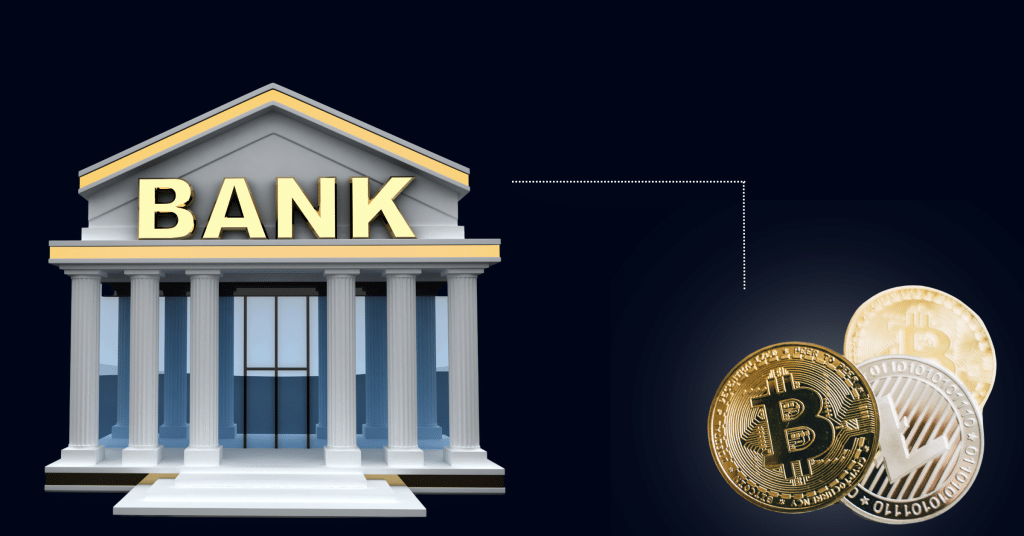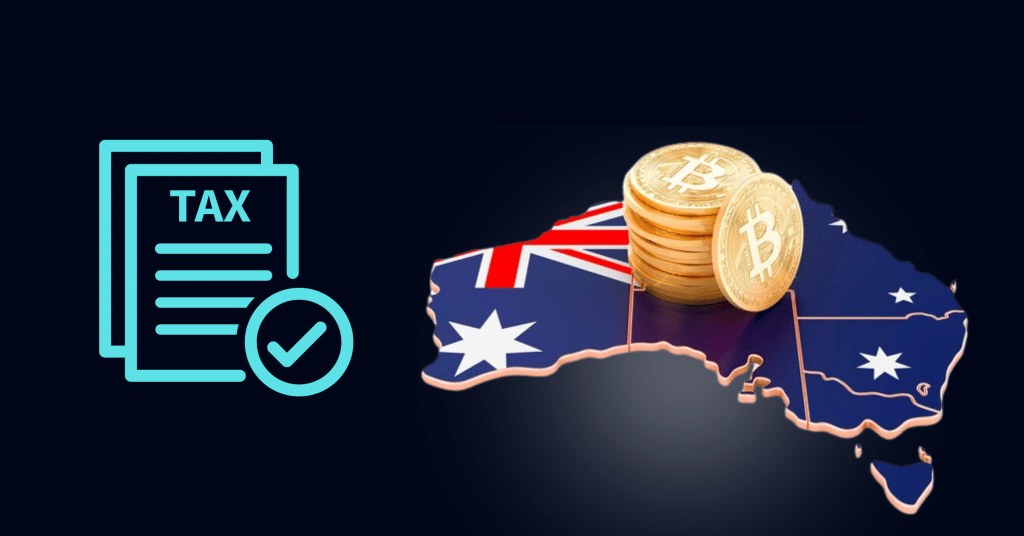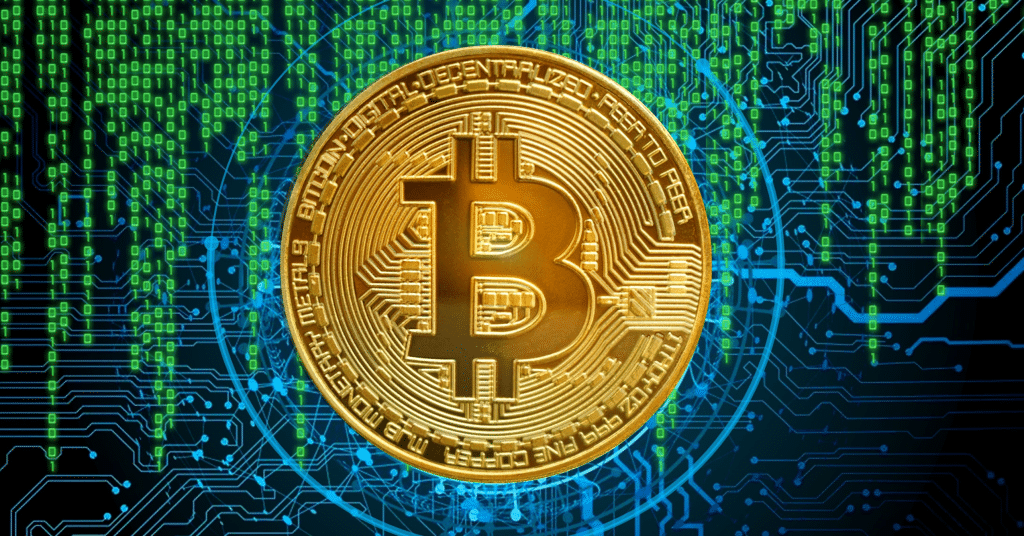Elon Musk currently owns three cryptocurrencies: Bitcoin (BTC), Ethereum (ETH), and Dogecoin (DOGE), which he publicly confirmed in 2021.
As one of the most influential figures in modern business, with ventures spanning electric vehicles (Tesla), space exploration (SpaceX), infrastructure development (The Boring Company), and social media (X, formerly Twitter), Musk’s involvement in the crypto space carries significant weight.
Musk has emerged as a significant voice in the cryptocurrency market, where his statements and actions have demonstrated remarkable market-moving potential.
From a single tweet sending prices soaring to incorporating digital assets into his companies’ operations, Musk’s relationship with cryptocurrencies has been both fascinating and consequential.
This article explores the cryptocurrencies Elon Musk owns, his evolving stance on digital assets, and the broader implications of his involvement in the crypto space.
Elon Musk Crypto Holdings
In 2021, Musk publicly confirmed on Twitter (now X) that he owned three cryptocurrencies:
- Bitcoin (BTC)
- Ethereum (ETH)
- Dogecoin (DOGE)
In his characteristic playful manner, Musk referred to these assets as “ascii hash strings,” subtly suggesting that digital assets are essentially hashed sequences.
As a general principle, for those looking for advice from this thread, it is generally better to own physical things like a home or stock in companies you think make good products, than dollars when inflation is high.
— Elon Musk (@elonmusk) March 14, 2022
I still own & won’t sell my Bitcoin, Ethereum or Doge fwiw.
While this confirmation provides a foundation for understanding his portfolio, it’s important to note that the exact amounts he holds of each cryptocurrency remain undisclosed.
Understanding Musk’s Cryptocurrency Portfolio
Elon Musk’s cryptocurrency portfolio reflects both his business strategy and personal beliefs about the future of digital finance.
While he has confirmed owning three specific cryptocurrencies, his involvement with each varies in depth and public enthusiasm.
Also Check: 9 Best Crypto News Websites in 2025
1. Bitcoin (BTC)
As a decentralized digital currency operating without central authority, Bitcoin has gained recognition as both a store of value and a potential hedge against inflation due to its capped supply of 21 million coins.
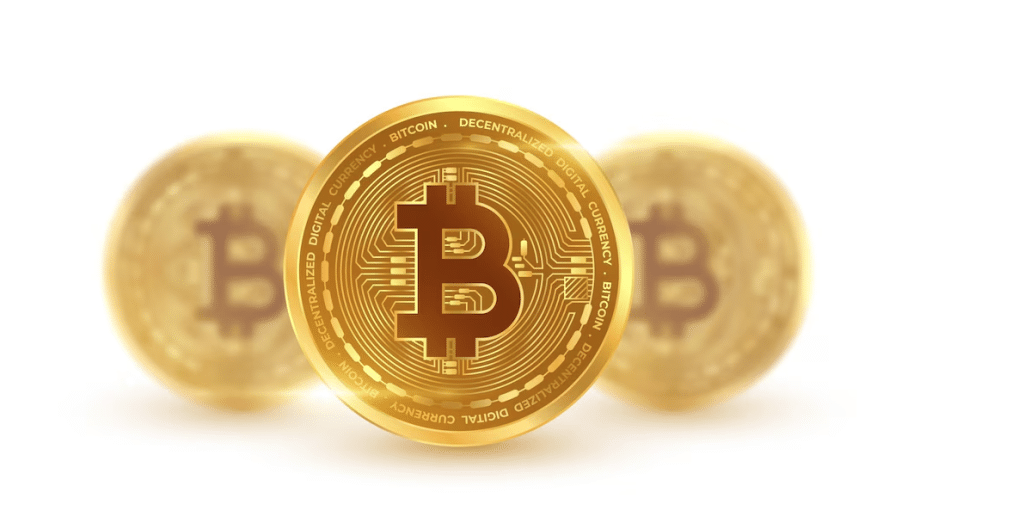
Musk’s relationship with Bitcoin has been complex. In 2018, he mentioned owning 0.25 BTC that a friend had sent him, though it’s unclear whether this represents his entire Bitcoin holdings.
More significantly, in 2021, Tesla purchased $1.5 billion worth of Bitcoin and briefly accepted it as payment for vehicles, citing the need for “more flexibility to further diversify and maximize returns” for the company’s cash reserves.
However, just two months later, Tesla stopped accepting Bitcoin payments and began converting some of its holdings to cash.
Musk attributed this reversal to concerns about the environmental impact of Bitcoin mining and the need to improve Tesla’s cash position amid uncertainty over COVID-19 lockdowns in China.
Despite holding Bitcoin himself, Musk has criticized the cryptocurrency on several occasions. During an appearance on the Lex Friedman Podcast, he argued that Bitcoin’s design was outdated, suggesting it was too slow because it was developed in 2008 when internet connectivity was significantly lower than today.
2. Ethereum (ETH)
Ethereum represents the second-largest cryptocurrency by market capitalization and functions as a decentralized computing platform enabling smart contracts and decentralized applications.
Unlike Bitcoin’s primary focus as a store of value, Ethereum aims to be the infrastructure for a new, decentralized internet.

While Musk confirmed owning Ethereum in 2021, his public comments about it have been limited compared to Bitcoin and Dogecoin.
He has criticized Ethereum for its high transaction fees and slow processing speeds, highlighting practical limitations that could hinder its widespread adoption.
3. Dogecoin (DOGE)
Of the three cryptocurrencies Musk has confirmed owning, Dogecoin has received his most enthusiastic and consistent support.
Originally created in 2013 as a lighthearted alternative to Bitcoin, featuring the Shiba Inu dog from a popular internet meme, Dogecoin has evolved from joke status to a cryptocurrency with significant market presence—due in no small part to Musk’s advocacy.
SpaceX is going to put a literal Dogecoin on the literal moon
— Elon Musk (@elonmusk) April 1, 2021
Musk has praised Dogecoin for both its humorous origins and its technical capabilities. During an appearance on the Lex Fridman Podcast, he highlighted Dogecoin’s relatively fast transaction speeds and low fees compared to Bitcoin, suggesting that despite its origins as a joke, its blockchain design makes it better suited for transactions than Bitcoin.
Most recently in November 2024, Musk defended Dogecoin’s inflationary nature, stating: “I think the flat inflation of dogecoin, which means decreasing percentage inflation, is a feature, not a bug.”
This comment came in response to Dogecoin co-creator Billy Markus, who had noted that steady, predictable inflation with a decreasing percentage is “ideal for something intended as a currency” and is “much, much lower than the dollar.”
Current Buzz About Elon Musk and Dogecoin
The recent buzz around Elon Musk and DOGE centers on dual meanings—both the cryptocurrency Dogecoin and Musk’s Department of Government Efficiency.
While Musk recently warned against heavy investment in Dogecoin at the Wall Street Journal’s CEO Council Summit, he still calls it his “favorite” cryptocurrency.
Since Trump’s election and Musk’s DOGE department announcement, Dogecoin has risen 142%. Recent speculation suggests DOGE blocking $52 million to WEF might boost Dogecoin’s value.
Public reaction is mixed, with some viewing Musk’s Dogecoin support as empowering, while others question his profit motives.
Musk’s Corporate Cryptocurrency Integration
Musk’s cryptocurrency involvement extends beyond personal investment to integration within his business empire:
- Tesla: Currently accepts Dogecoin as payment for select merchandise.
- The Boring Company: Accepts Dogecoin for rides.
- SpaceX: Announced the DOGE-1 satellite mission, which was fully funded with Dogecoin.
These corporate adoptions represent tangible manifestations of Musk’s crypto advocacy, particularly regarding Dogecoin, and demonstrate his willingness to incorporate digital assets into real-world business operations.
Musk’s Stance on NFTs and Other Cryptocurrencies
While Musk has primarily focused on Bitcoin, Ethereum, and Dogecoin, his views on other digital assets provide additional context for understanding his crypto philosophy.
1. NFTs (Non-Fungible Tokens)
Musk has expressed skepticism toward NFTs, particularly regarding their technological implementation. During an appearance on the Joe Rogan Experience, he criticized NFTs because the images themselves are not hosted directly on the blockchain, making them reliant on centralized entities.
This concern aligns with his broader interest in decentralization and technological robustness.
After acquiring Twitter (now X), Musk discontinued the platform’s support for blockchain-verified NFT profile pictures, further indicating his reservations about current NFT implementations.
2. Meme Coins and Elon-themed tokens
Despite his Dogecoin advocacy, Musk has disavowed personal connections to numerous meme coins attempting to capitalize on his name or likeness:
- Floki Inu (FLOKI): Though named after Musk’s pet Shiba Inu, he has publicly stated he does not own this cryptocurrency.
- Elon-themed tokens: Many projects have launched tokens referencing Musk, but he has explicitly disavowed these connections.
Musk has stated that none of his companies will create a cryptocurrency token, suggesting caution toward the proliferation of speculative assets in the crypto space.
3. Government and Blockchain: The DOGE Connection
In a development blending Musk’s crypto interests with his government role, the newly-established Department of Government Efficiency (DOGE)—which Musk now heads under the Trump administration—shares its acronym with his favorite cryptocurrency.
This connection, likely intentional, has fueled speculation about potential cryptocurrency integration in government operations.
According to Bloomberg reports from January 2025, Musk’s DOGE department is exploring blockchain technology to enhance government operations, including tracking federal spending, securing data, and managing federal buildings.
While specific implementation details and blockchain selection remain undetermined, these initiatives signal the possibility of crypto-friendly policies under the current administration.
Musk’s Crypto Market Influence
Musk’s cryptocurrency statements have repeatedly demonstrated extraordinary market-moving potential. His tweets have triggered significant price movements, particularly for Bitcoin and Dogecoin, while his companies’ policies have influenced institutional perspectives on digital assets.
The “Elon Effect” on cryptocurrency prices has been so pronounced that it has drawn regulatory scrutiny and sparked debate about market manipulation.
Though a judge dismissed a lawsuit claiming Musk and Tesla had pumped Dogecoin into a “$258 billion pyramid scheme” earlier in 2025, the case highlighted his market influence.
This influence extends beyond price movements to broader cryptocurrency adoption and perception. By incorporating digital assets into his companies’ operations and publicly discussing their merits and limitations, Musk has contributed to cryptocurrency’s gradual transition from fringe technology to mainstream consideration.
X Money and Potential Crypto Integration
As of early 2025, significant speculation surrounds Musk’s plans to integrate cryptocurrency functionality into X through a payment system dubbed “X Money.”
According to recent statements from X CEO Linda Yaccarino, this payment system is scheduled to launch in 2025, potentially with cryptocurrency support.
Industry observers anticipate that “X payments in one way or another will support cryptocurrency,” with digital assets potentially serving as infrastructure components for the platform’s payment system.
This development would align with Musk’s vision of transforming X into an “everything app” similar to China’s WeChat, with payment functionality as a central feature.
Related Posts:
Conclusion: Elon Musk Owns 3 Crypto Currencies
Elon Musk’s cryptocurrency holdings—confirmed to include Bitcoin, Ethereum, and Dogecoin—represent just one dimension of his complex relationship with digital assets.
From market-moving tweets to corporate adoption and potential government implementation, Musk’s crypto involvement continues to evolve with significant implications for the broader cryptocurrency ecosystem.
While his advocacy for Dogecoin has been most consistent and enthusiastic, his perspectives on Bitcoin and Ethereum reflect nuanced considerations of their technical capabilities, environmental impacts, and practical applications.
As Musk’s business and government roles continue to evolve, his influence on cryptocurrency markets and adoption is likely to remain substantial.
For investors and enthusiasts seeking to understand Musk’s crypto involvement, distinguishing between his confirmed holdings and speculative connections remains essential, as does recognizing the market volatility that can result from his statements and actions.
FAQs
While Musk confirmed owning Bitcoin in 2021, he has not provided recent updates about his personal holdings. Tesla’s Bitcoin investment strategies have changed over time, but these corporate decisions don’t necessarily reflect Musk’s personal portfolio.
The exact amount of Dogecoin in Musk’s portfolio remains undisclosed. Despite his enthusiastic advocacy for cryptocurrency, he has not publicly revealed the extent of his holdings.
No, Musk has not created his own cryptocurrency. He has explicitly stated that none of his companies will create a crypto token, and he has disavowed connections to tokens using his name or likeness.
Current indications suggest that X’s planned payment system, X Money, may incorporate cryptocurrency functionality when it launches. However, specific implementation details remain unconfirmed.
As of 2025, Musk has expressed scepticism toward NFTs, particularly regarding their reliance on centralized entities for image hosting. There is no public confirmation that he invests in or collects NFTs.
Musk’s leadership of the Department of Government Efficiency (DOGE) and exploration of blockchain technology for government operations have contributed to positive market sentiment regarding potential crypto-friendly policies under the current administration.
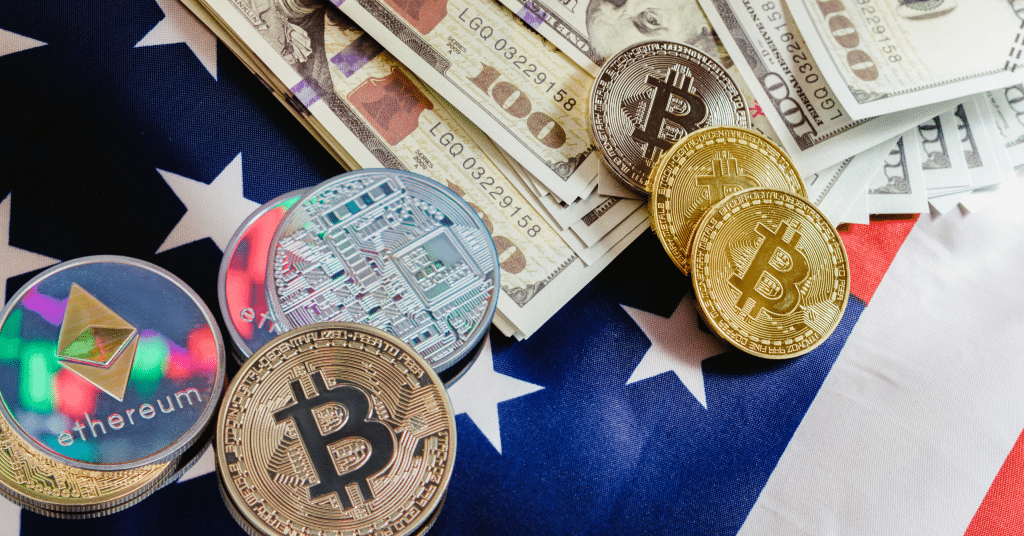
![Crypto Tax Free Countries In 2025 [Updated List]](https://crypto.prosperityforamerica.org/wp-content/uploads/2025/03/Crypto-Tax-Free-Countries-1-1024x536.png)
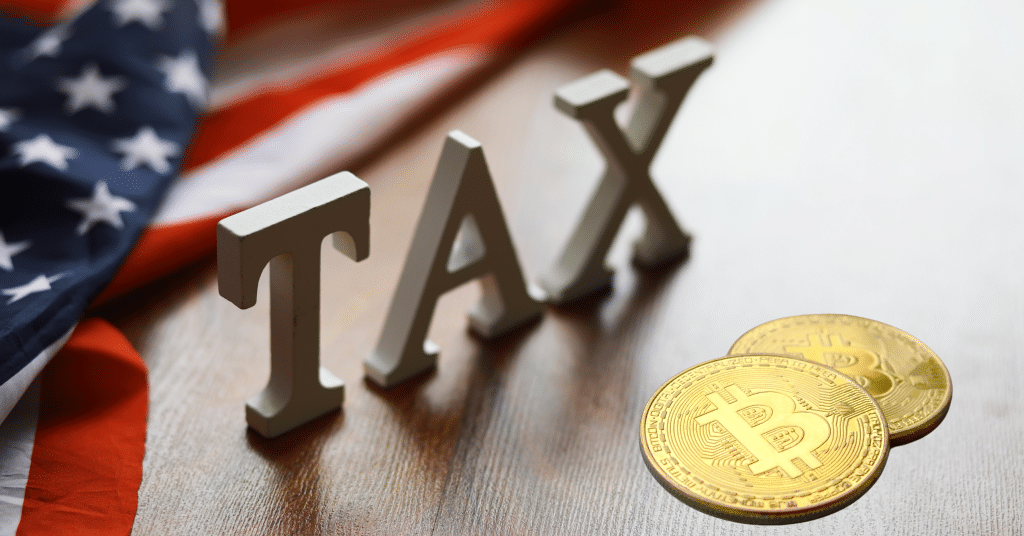
![Top 15 Crypto Podcasts to Listen to in 2025 [Popular]](https://crypto.prosperityforamerica.org/wp-content/uploads/2025/03/Best-Podcasts-on-Cryptocurrency-1024x536.png)
